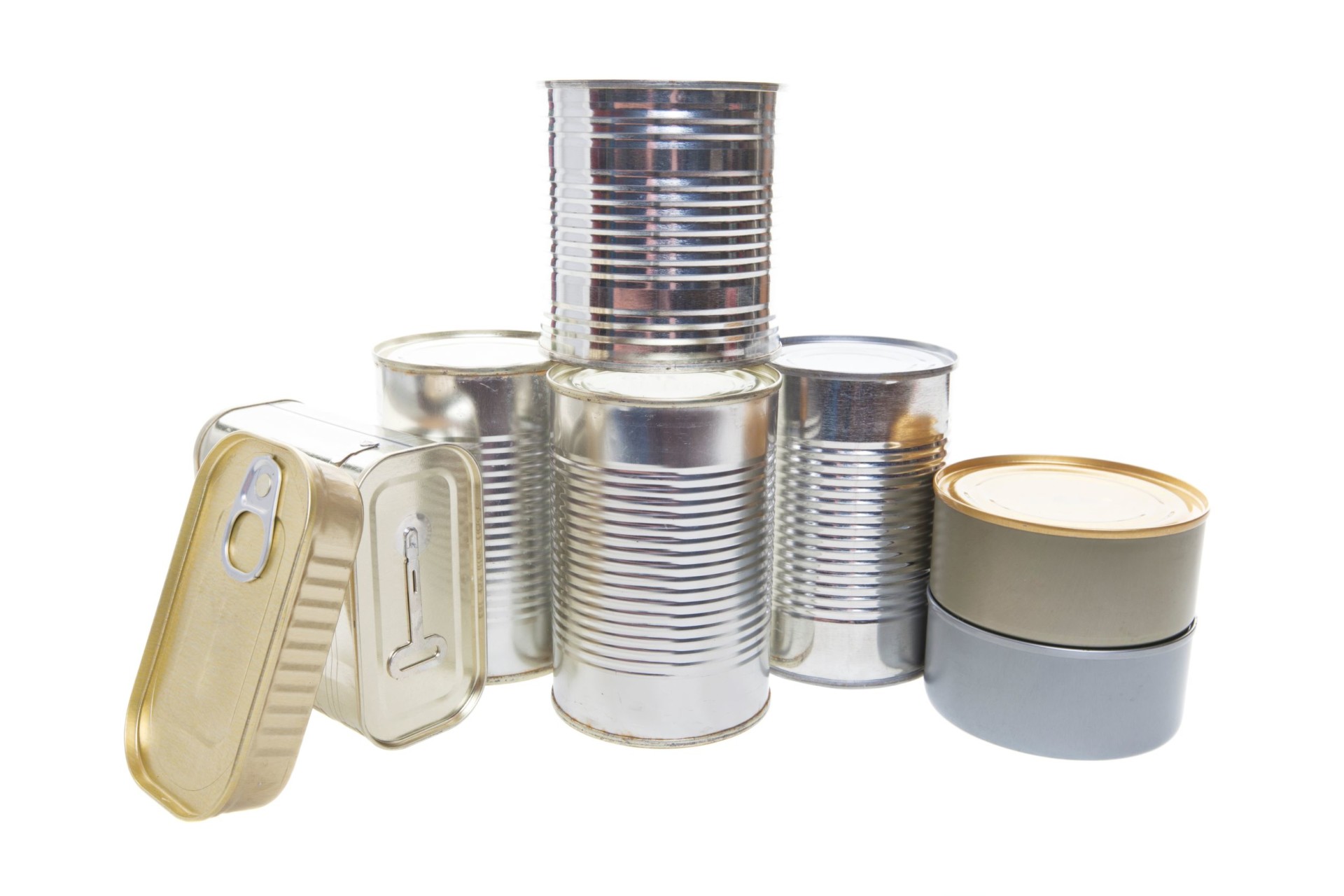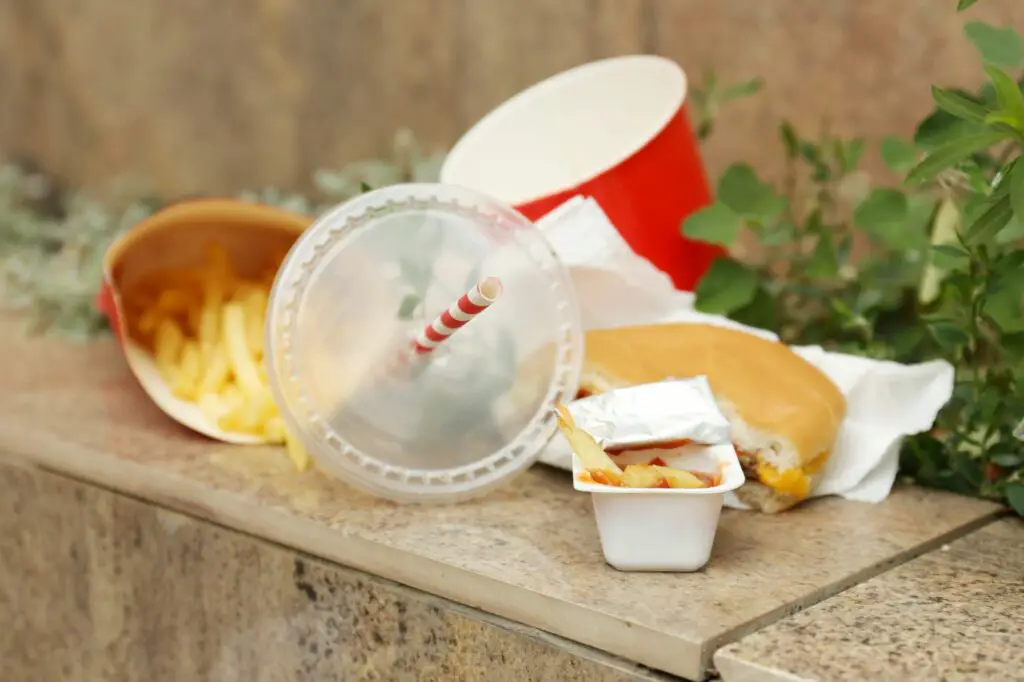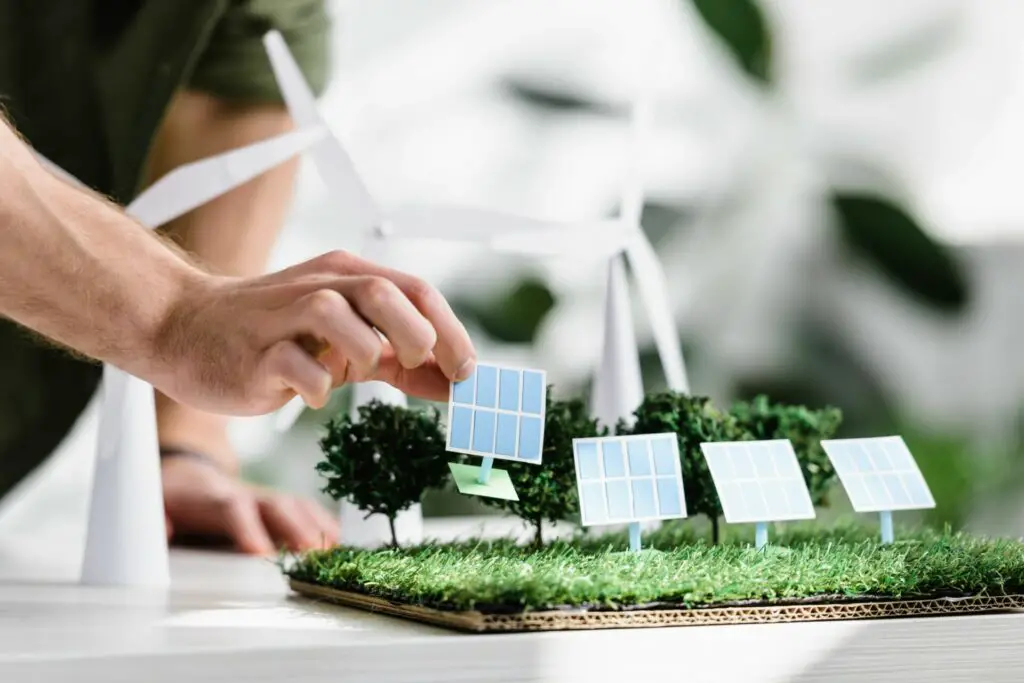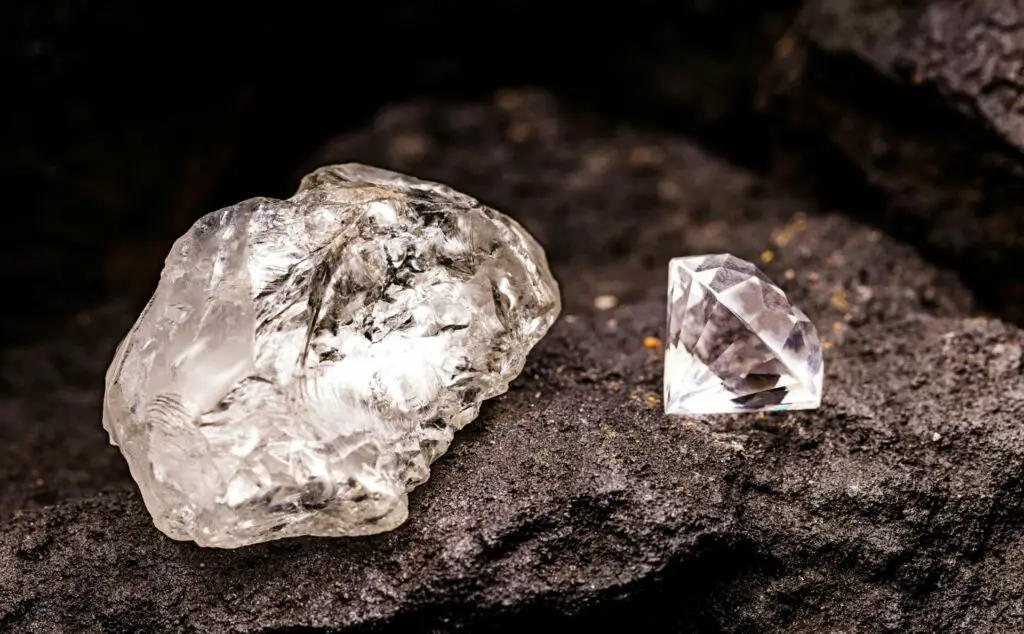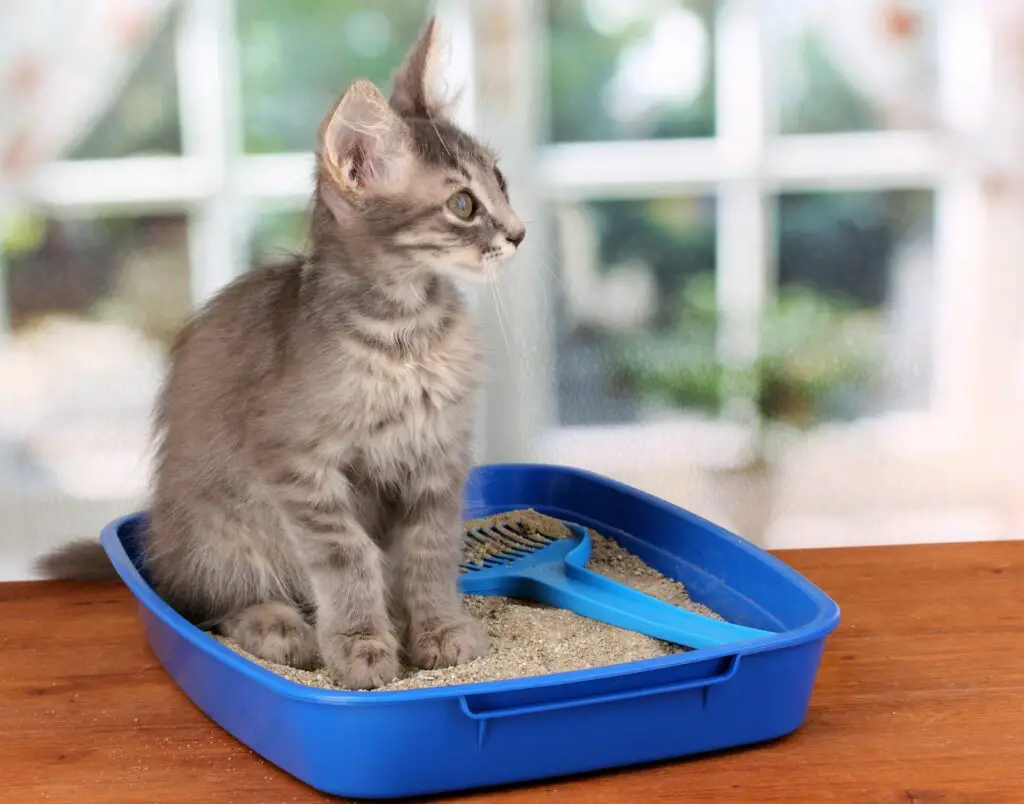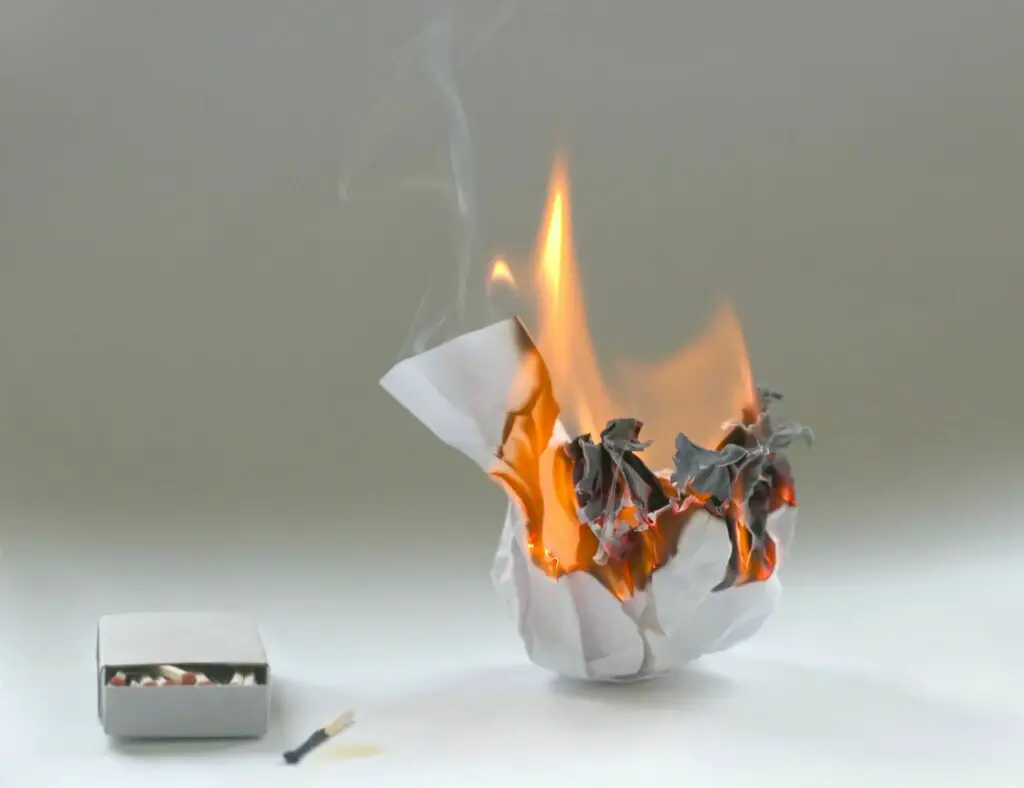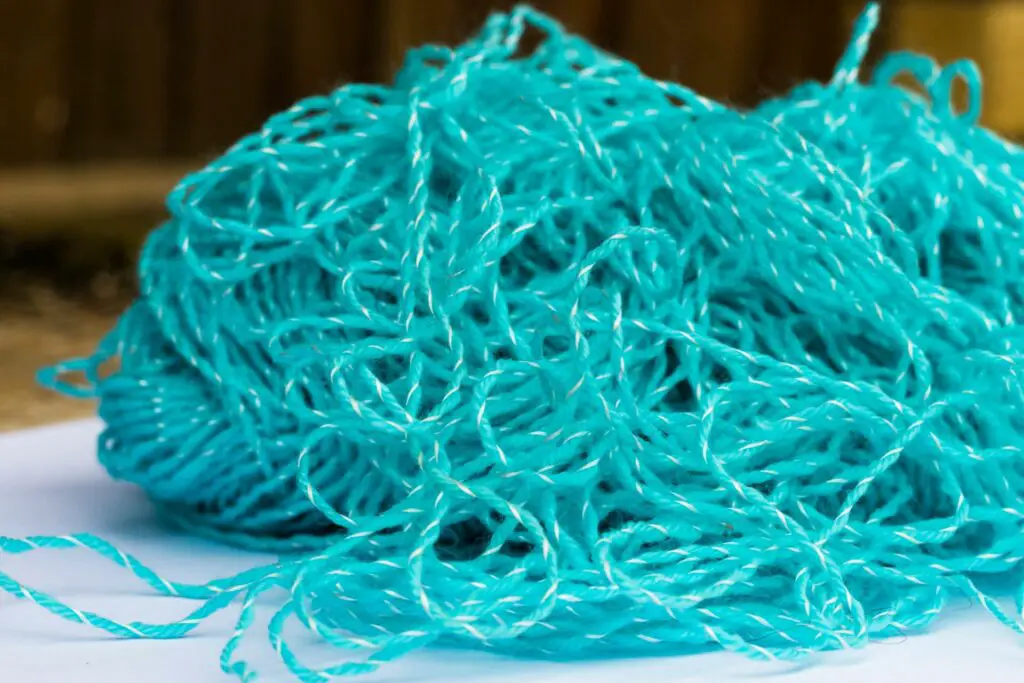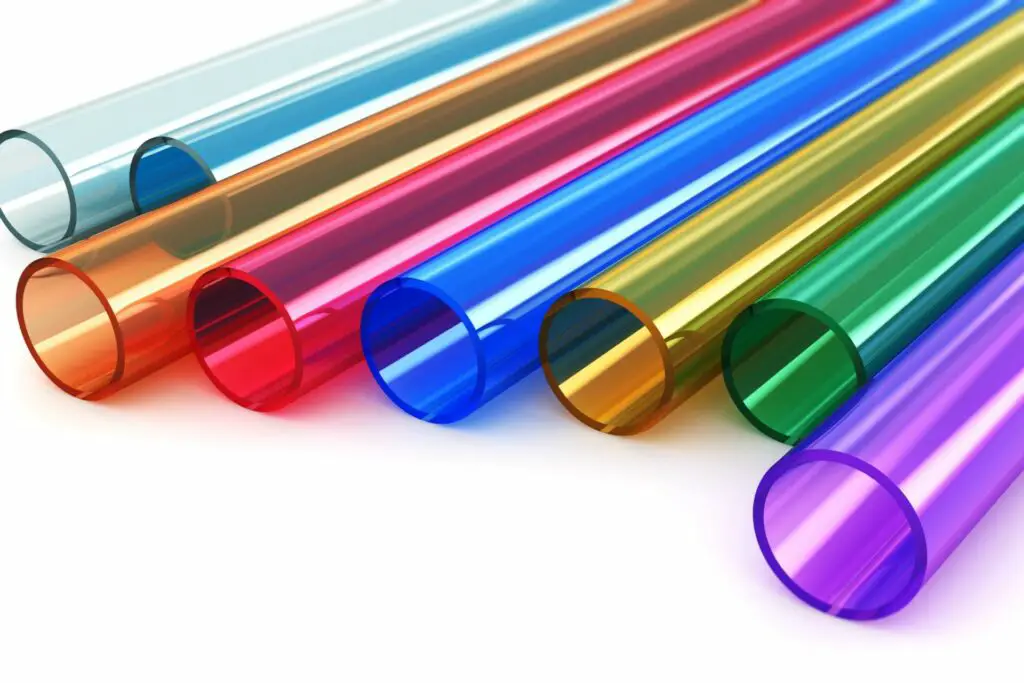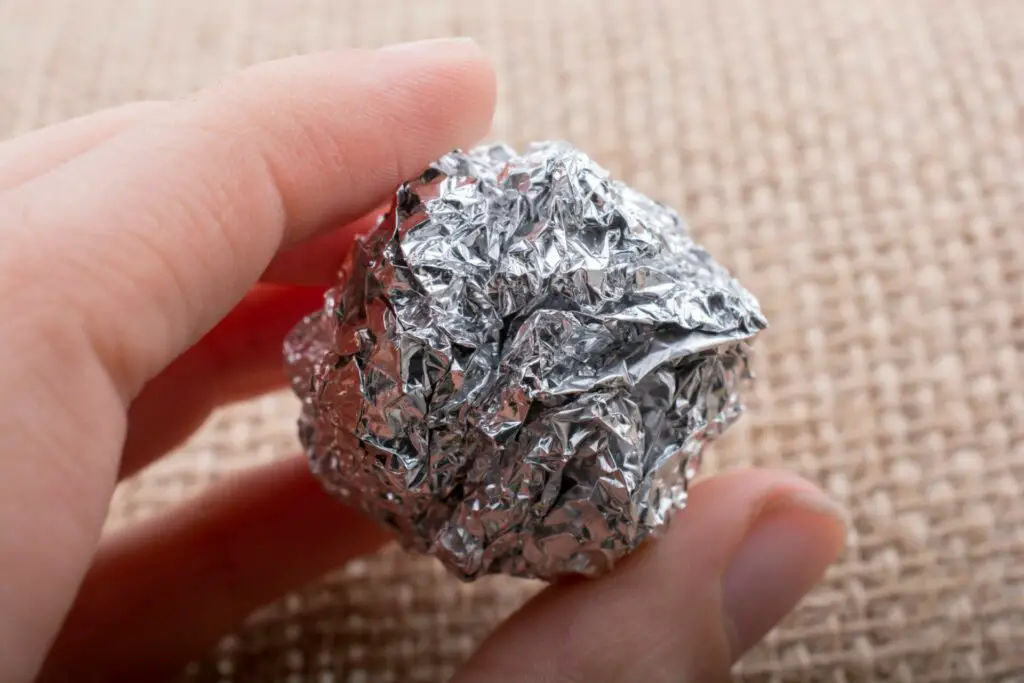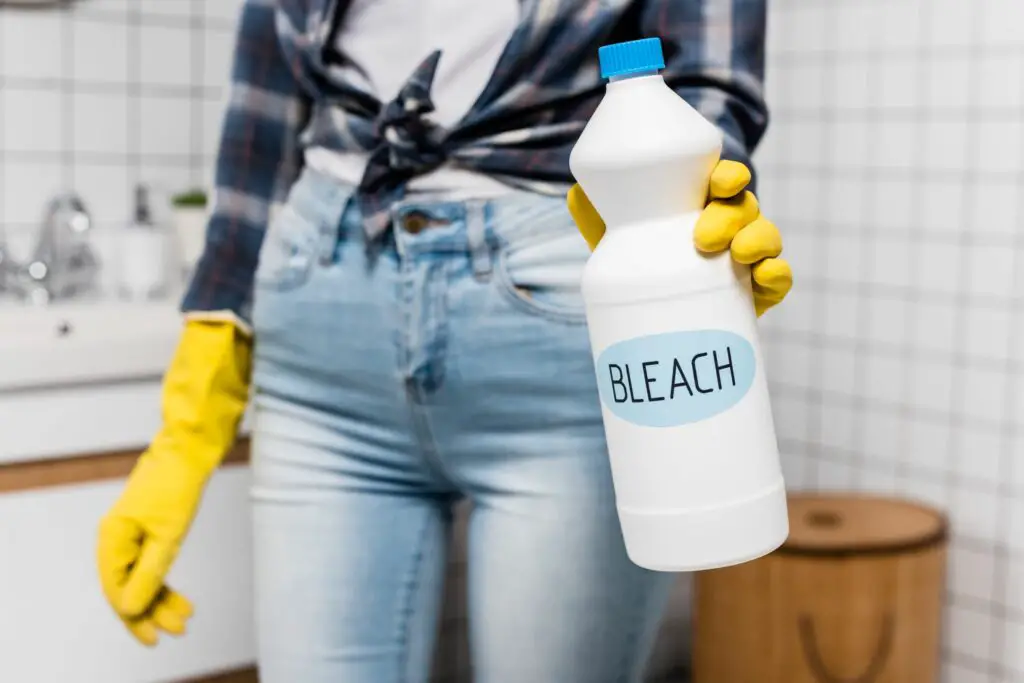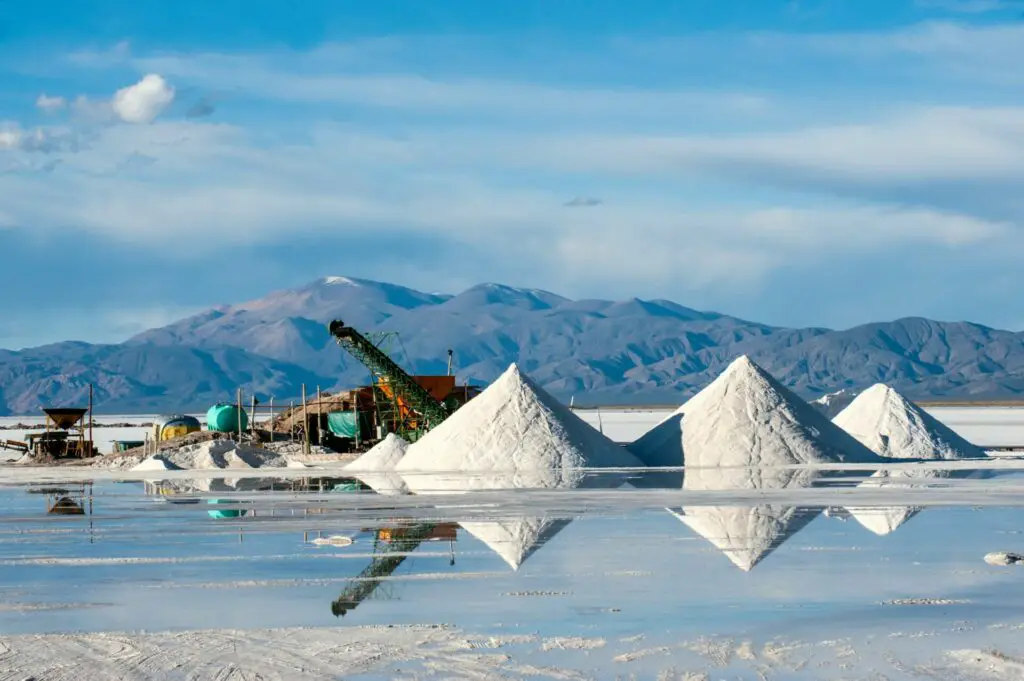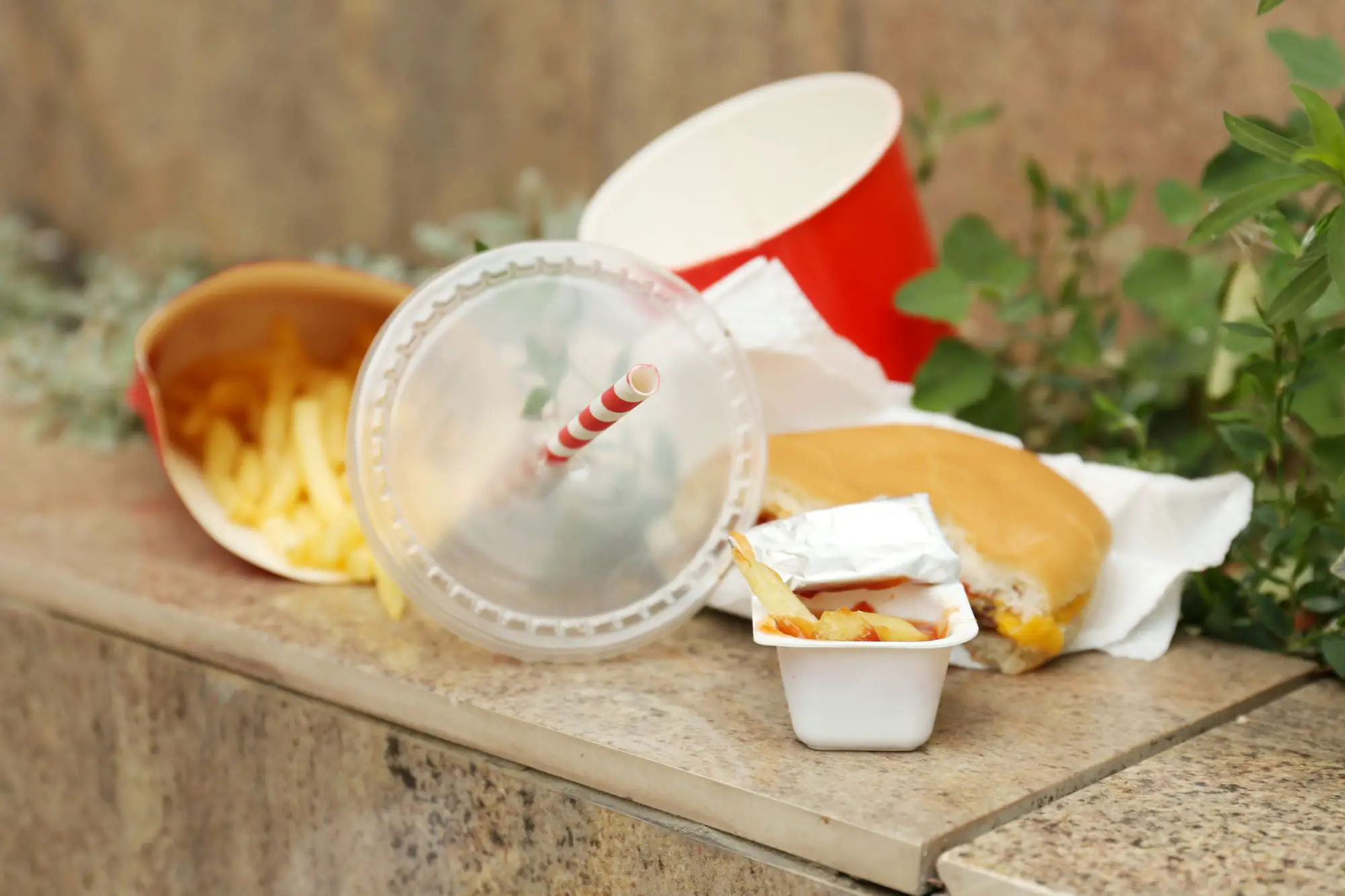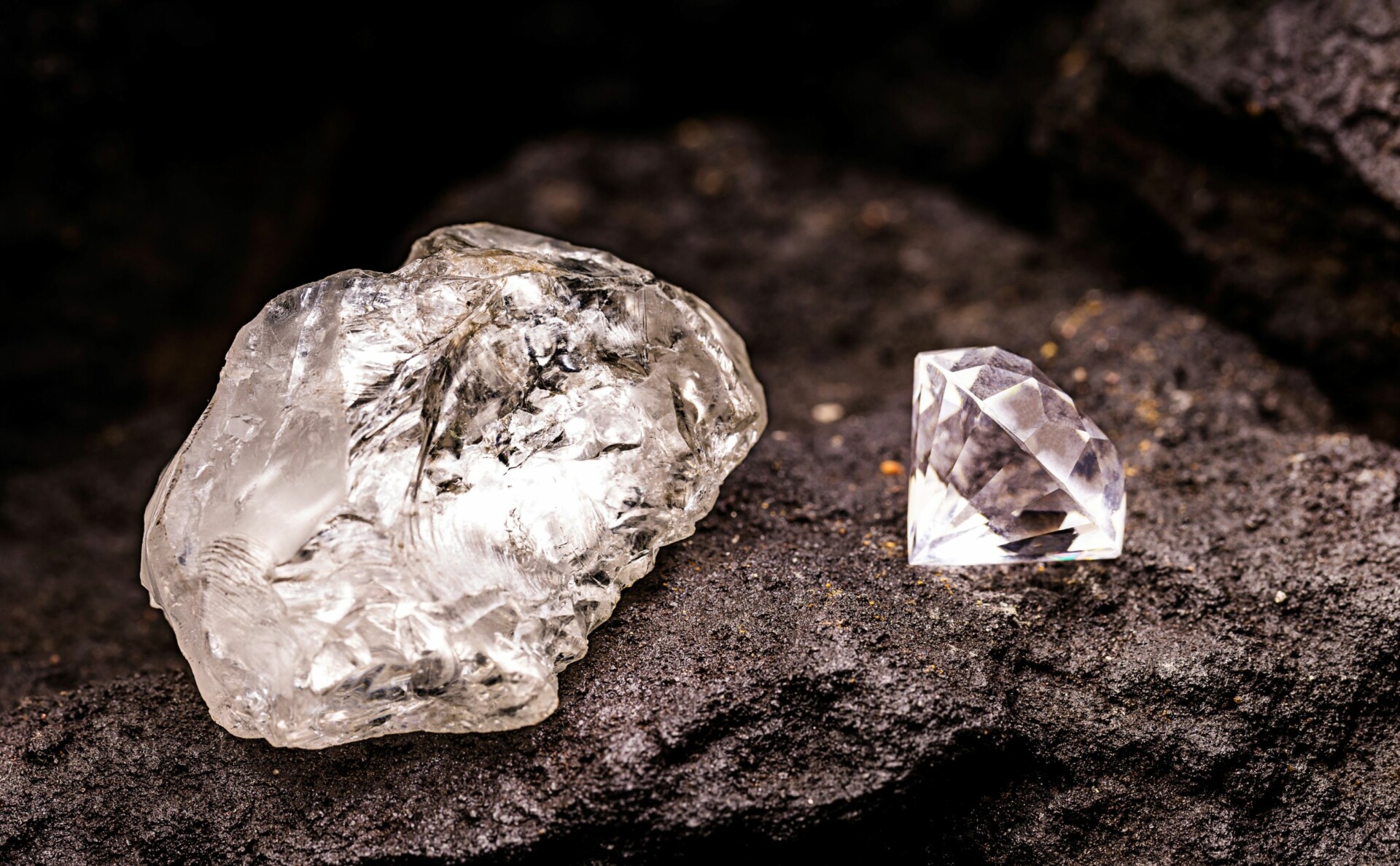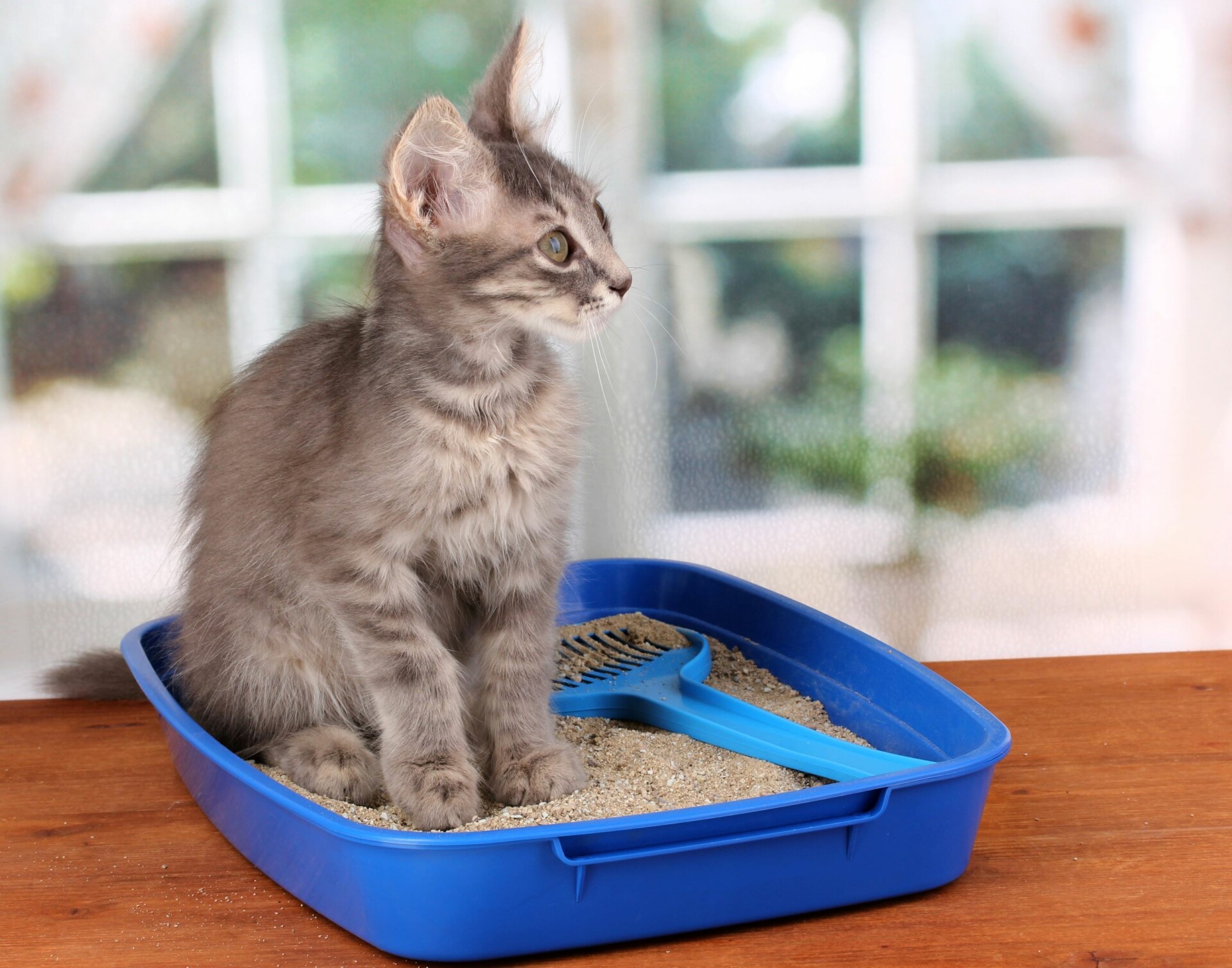Metals can sometimes be presented as an eco-friendly option compared to single-use plastic because metals are often reusable and easy to recycle.
So where does that leave tin?
Here’s what you need to know about whether tin is eco-friendly or not.
1. Is Tin Made Sustainably?
Mining metal for tin is not sustainable. Tin is derived from mined cassiterite and sometimes stannite.
Mining for tin can disturb the natural habitat of flora and fauna near the mine site.
It can also disrupt natural drainage systems in the area and contribute to the erosion of the terrain.
Some byproducts of tin include rare earth elements such as monazite, pyrochlore, and xenotime. These are radioactive.
Studies on snails exposed to monazite found they lived for 15 days at the most, compared to the control group, who lived up to 30 days.
Research also found that weeds exposed to monazite had radioactive particles in their roots and shoots.
Moreover, research has also found that rare earth elements, including monazite, pyrochlore, and xenotime, have been linked with growth inhibition in humans and animals.
Cytogenetic effects, which refer to changes in chromosomes, and organ-specific toxicity have also been noted.
After being mined, tin ores high in sulfur are baked at high temperatures to burn the sulfur off, which consumes lots of energy.
The tin is then smelted from the cassiterite to uncover the molten tin. It may go through a heat process or electrolytic process to remove any impurities.
Smelting can also contribute to air pollution due to the emissions released.
2. Is Tin Bad for the Environment?
Mining for tin and smelting tin is bad for the environment due to pollution.
Tin is recyclable. Recycling generates fewer emissions, pollution, and waste than making new products from scratch.
However, recycling is not carbon neutral. Most energy used in the US is from coal and natural gas, which still generates waste and pollution.
3. Is Tin More Eco-Friendly Than Plastic?
Both plastic and tin are non-renewable resources, but tin seems to be more eco-friendly than plastic in this instance.
Metal can be recycled an unlimited amount of times and still be of high quality.
Plastic can only be recycled once or twice before the quality has dropped to a point where it cannot be reused.
Plastic will often end up in landfills eventually, while recycled metal can remain in circulation.
Less than 10% of plastic produced is recycled; the rest is either incinerated or ends up in landfills.
Plastic waste can also end up in the ocean, where it degrades into microplastics. Microplastics can contribute to coral bleaching.
Marine life can consume microplastics, which are hazardous to marine life. Humans can even end up consuming fish that ate the microplastics.
There are concerns about what this can mean for human health. Research suggests high consumption of microplastics from fish may trigger an inflammatory response in the body and disrupt the gut microbiome.
When it comes to emissions, in 2020, the metal industry in the US produced 77.9 million metric tons of CO2e (carbon dioxide equivalent) of emissions.
That same year, plastic production was responsible for more than 114 million tons of CO2 equivalent (CO2e).
4. Is Tin Biodegradable?
Tin is not considered biodegradable. It can take from 50 to 100 years for tin to break down in the environment.
There has been research into developing biodegradable tin and metal.
However, this was in the context of being used as biodegradable surgical implants rather than for creating sustainable tin products.
5. Is Tin Recyclable?
Tin is recyclable. Tin cans are commonly accepted in home recycle bins.
In 2021, approximately 18,000 metric tons of tin was recycled in the US.
Not all tin products can go in a home recycling bin. If you live in the US, or UK, scrap tin may have to be sent to metal recycling centers.
However, they will not be accessible to everyone since not every town will have them.
The recycle center your home recycle bin is sent to may not have the infrastructure to recycle scrap metals. They could also damage the machinery.
Remember that cans and “tin” foil are not always made of tin metal. Many are actually made of aluminum or steel coated in tin.
While tin cans are still referred to as “tin cans,” today, they typically contain little to no tin metal. More often than not, they are actually an aluminum can or a steel can coated with tin or electrolytic chromium.
However, these cans are still okay to put in most home recycle bins. Foil is recyclable as long as there is no food residue.
6. Is Tin Reusable?
You might be able to reuse tin, depending on what it was originally used for.
Tin cans and storage containers can be reused to store plants or small household items like pens or candles.
Lots of people clean tin foil and reuse it to cover food. Tin foil can easily break, so reused may not last long.
It is also possible to reuse tin used as solder.
7. Is Tin Sustainable?
No, tin is not sustainable.
Metal is not a renewable resource, which means there is a limited amount on Earth, and once it runs out, it cannot be replenished.
In fact, a large amount of tin on the planet is already mined and is being used.
Mining for metal is also unsustainable due to the pollution it causes.
8. How to Dispose of Tin?
Cans and foil made from tin can be disposed of in your home recycle bin.
If you have scrap tin, you might have to take it to a metal recycling center if there is one in your area.
When it comes to using tin as solder, waste is often recycled or melted back down to be used again.
However, manufacturers usually have their own recycling facilities rather than relying on general recycling facilities in the area.
3 Eco-Friendly Alternatives to Tin
Finding eco-friendly alternatives to tin depends on the different uses of tin.
Glass Jars
Glass jars can be used to store things instead of tin cans or tin containers.
Since glass is made from sand, it is a renewable resource.
Glass can also be recycled an unlimited number of times.
Wax Food Wraps
If you want to cut back on tin foil, wax food wraps are reusable.
These are usually made from a clipping of cotton fabric covered in beeswax or soy wax.
As mentioned earlier, recycling is not carbon neutral and can still produce emissions, so the greener option is to seek out zero-waste alternatives.
Reusable Silicone Baking Sheet
If you use a lot of tin foil for cooking and baking, a reusable baking sheet is a great way to reduce waste.
While silicone can be considered plastic, this is not a single-use product. The silicone baking sheet can be reused for years.
This will cut down on single-use waste and saves energy as you will no longer need to recycle tin foil.
You Might Also Like…
- Is Fast Food Bad for the Environment? (& What You Can Do)
- Is Fabric Softener Bad for the Environment? (+5 Eco-Friendly Options)
- Is Fuel Dumping Bad for the Environment? (& How Often It Happens)
- Is Electricity Generation Bad for the Environment? (What You Should Know)
- Is Dry Cleaning Bad for the Environment? (4 Surprising Facts)
- Is Diamond Mining Bad for the Environment? (Important Facts)
- Is DEET Bad for the Environment? 4 Effects (You Should Know)
- Is Cat Litter Bad for the Environment? (5 Common Questions)
- Is Burning Cardboard Bad for the Environment? (6 Facts)
- Is Burning Paper Bad for the Environment? (6 Surprising Facts)
- Is Burning Leaves Bad for the Environment? (7 Quick Facts)
- 4 Natural Cleaners for Quartz Countertops
- 6 Eco-Friendly Acrylic Paint Brands (For Sustainable Artists)
- 5 Eco-friendly Alternatives to Acrylic Paint (& How to Make Them)
- Is Acrylic Paint Bad for the Environment? (7 Quick Facts)
- Is Acrylic Yarn Bad for the Environment? 8 Crucial Facts
- Is Acrylic Bad for the Environment? (8 Quick Facts)
- Is Aluminum Foil Bad for the Environment? 7 Quick Facts
- Is Bleach Bad for the Environment? 6 Crucial Facts
- Is Lithium Mining Bad for the Environment? 6 Crucial Facts

